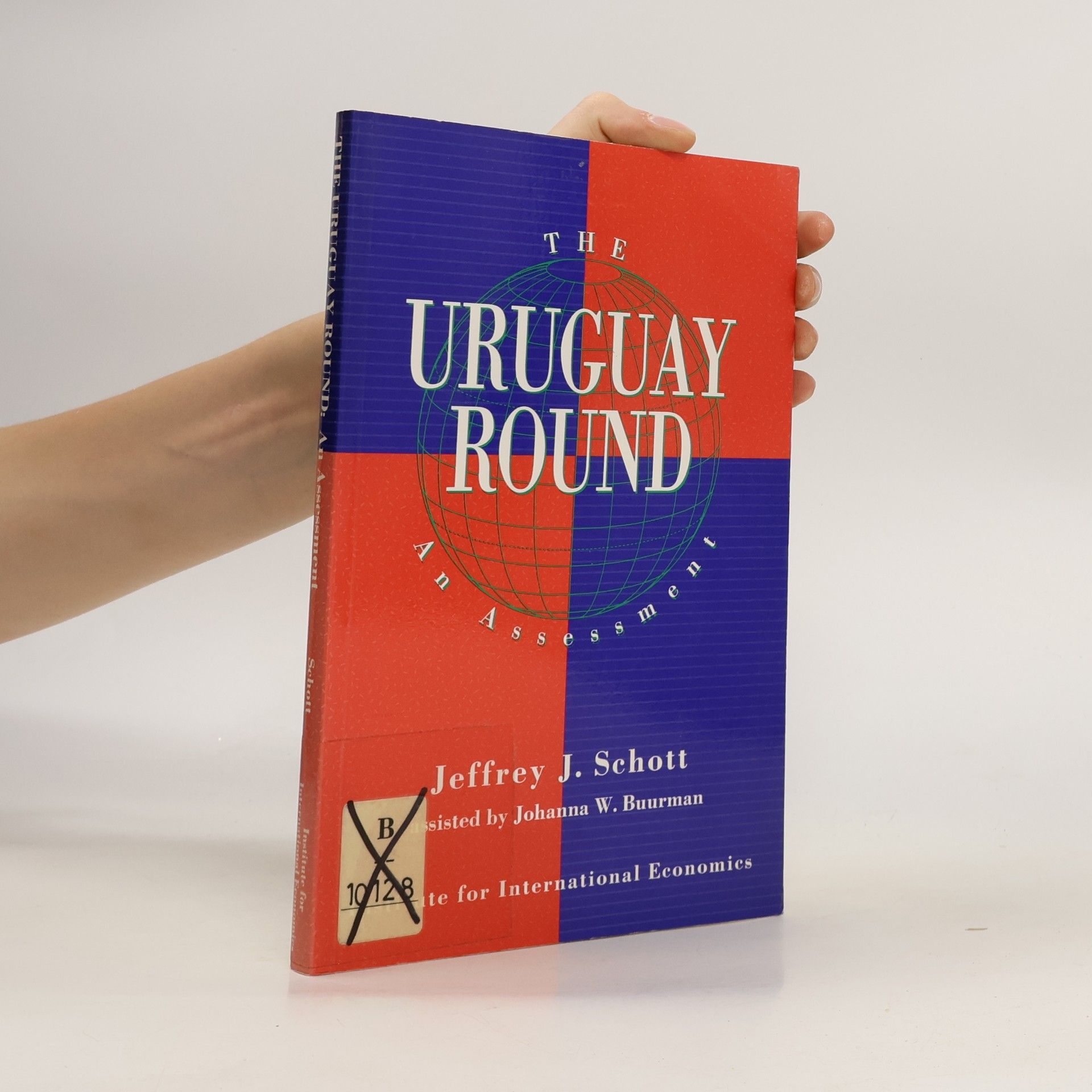The Uruguay Round
An Assessment
The Uruguay Round was the largest and most important set of multilateral trade negotiations ever undertaken. It will have far-reaching implications for world growth and the evolution of the global trading system into the next century. This is a concise but comprehensive analysis of the key provisions and economic implications of the Final Act of the Uruguay Round. Schott develops a scorecard and grades the results of the negotiations. The sectors and functional areas assessed include agriculture, antidumping, services, investment, intellectual property, textiles and apparel, subsidies, the new dispute settlement mechanism, and other institutional reforms. Schott's previous book (with Gary Hufbauer), An Assessment , was the definitive analysis of that agreement and played an important role in the US ratification debate. The Uruguay An Assessment will be an indispensable reference for policymakers, business people, and others interested in a balanced evaluation of the results of its eight years of negotiations. It will also be invaluable for teachers seeking to introduce students to the structure and operations of the global trading system.

